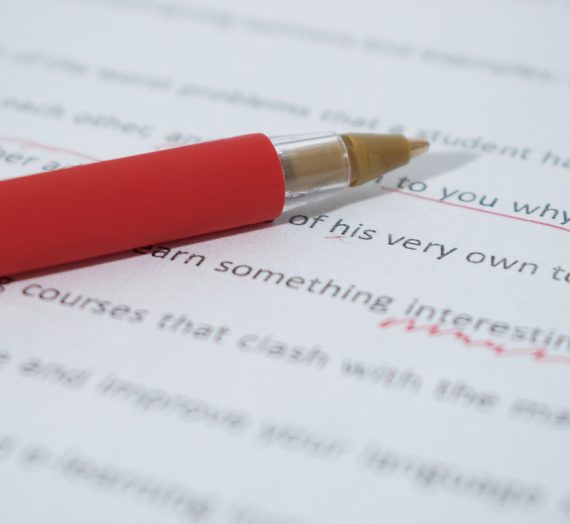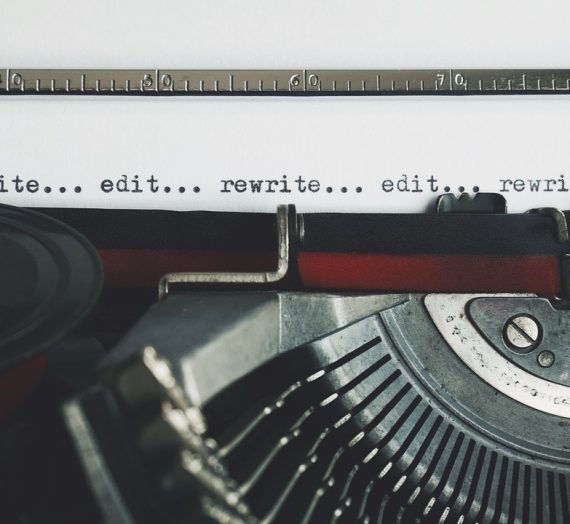In order to establish good relationships with our authors, we must first understand how they perceive us.
We all know the importance of developing a good working relationship with our authors, but establishing such a relationship is easier said than done. A functional relationship requires a mutual trust and understanding of what the authors are hoping to accomplish in the text. Without this trust, authors may be less inclined to accept our edits. How can we as editors gain our authors’ trust and improve the author-editor relationship?
THE RESEARCH
In the 1998 article “Author Perceptions of Positive and Negative Editor Behaviors in the Manuscript Review Process” published in the Journal of Social Behavior and Personality, researchers Marc D. Street, Dennis P. Bozeman, and D. M. Whitfield studied authors’ perceptions of editors’ behavior to see how frequently positive and negative behaviors occur in the author-editor relationship. The researchers surveyed authors whose work appeared in any of three academic journals on management and gathered responses from 111 participants.
The 20 survey questions asked about behaviors such as an editor’s response time or the professionalism of an editor’s communications with the author. Positive behavior questions offered a 1 to 5 scale, with 1 being “not at all important” and 5 being “extremely important.” Negative behavior questions used the 1 to 5 scale to indicate how often the negative behaviors occurred.
Editors engage in positive behaviors more often than not, but…there may be some room for improvement.
—Street, Bozeman, and Whitfield (1998)
Referring to qualities of general editors, the researchers found that the most desired quality in an editor was the absence of personal biases against subjects or people, which scored an average of 4.66 in importance. The next most-desired editorial behavior was promptly responding to an author’s correspondence, which scored an average of 4.37. The most frequent negative behavior—not proactively communicating with authors when problems arise in the review process—averaged at 3.90. Following that, editors’ avoiding or limiting correspondence with authors scored an average of 3.88. These negative behaviors illustrate how much authors value open and frequent communication with editors.
THE IMPLICATIONS
Though this survey focused on authors of academic, peer-reviewed journals, all editors can benefit from Street et al.’s (1998) findings. These results imply that authors prefer editors who
- do not exercise personal biases against particular subjects or people,
- promptly respond to an author’s correspondence,
- proactively communicate with authors when problems arise in the review process, and
- do not avoid or limit correspondence with authors.
By following these expectations, editors can better gain the trust of their authors and establish a successful author-editor relationship, which will help the manuscript shine.
To learn more about improving editor behavior to gain more trust with authors, read the full article:
Street, Marc D., Dennis P. Bozeman, and D. M. Whitfield. 1998. “Author Perceptions of Positive and Negative Editor Behaviors in the Manuscript Editing Process.” Journal of Social Behavior and Personality. 13, no. 1 (January): 1–22. https://psycnet.apa.org/record/1998-04360-001.
—Catherine Niesporek, Editing Research
FEATURE IMAGE BY CYTONN PHOTOGRAPHY
Find more research
Take a look at Erin Nightingale’s Editing Research article for more tips on how to understand authors: “The Key to Understanding Authors.”





Aaron
Very insightful. I’ll definitely keep this advice in mind in my future editing!
Mikaela Wilkins
I’ve gotten advice before on the author-editor relationship, but this article brought up things I hadn’t thought about before.
Liana Sowa
I love how specific the advice is here! It seems like the best thing editors can do is to be actively engaged, always ready to help.